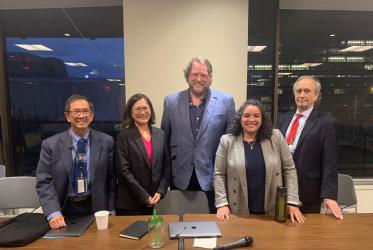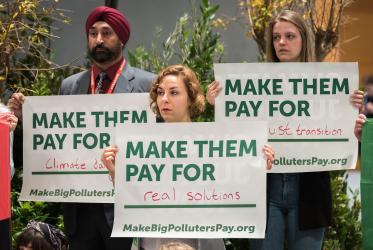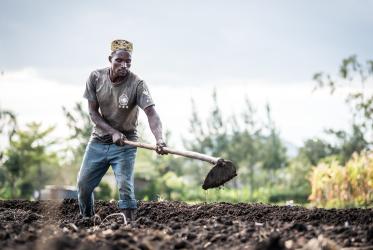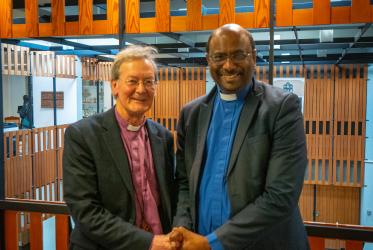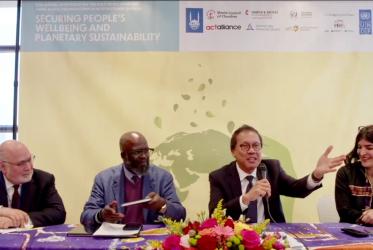Displaying 121 - 140 of 1281
Clewer Initiative, WCC map course for even stronger collaboration
02 February 2023
HIV and AIDS Civil Society Networks and the Faith Sector
Lessons Learnt from Strategic Engagement in India, Dominican Republic, Indonesia, and Jamaica
31 January 2023
